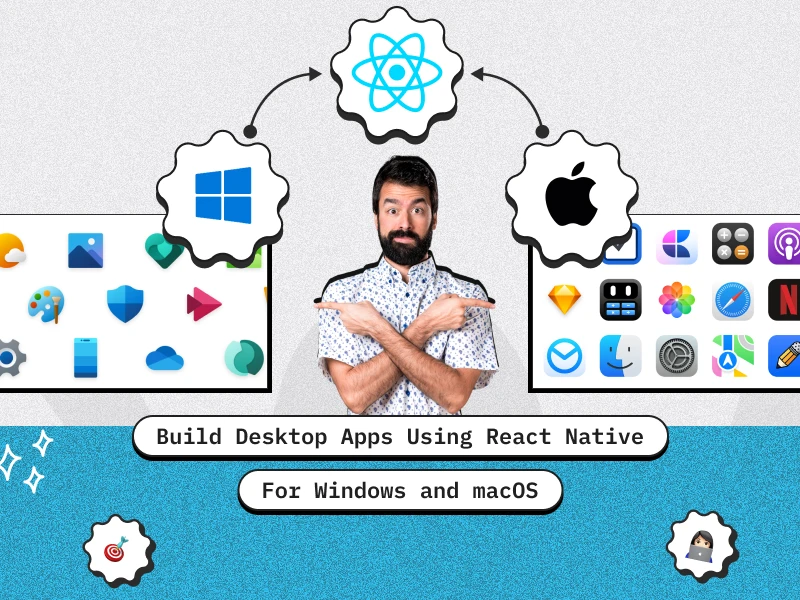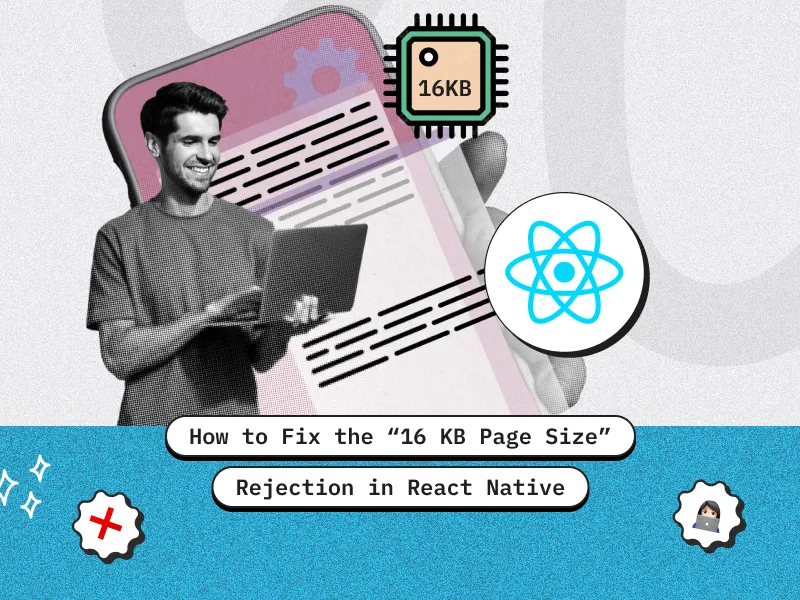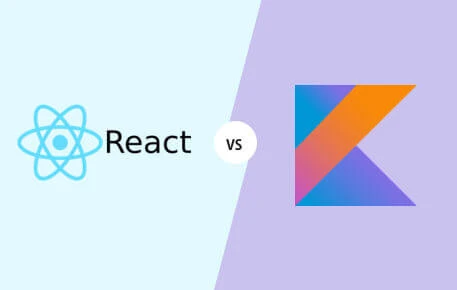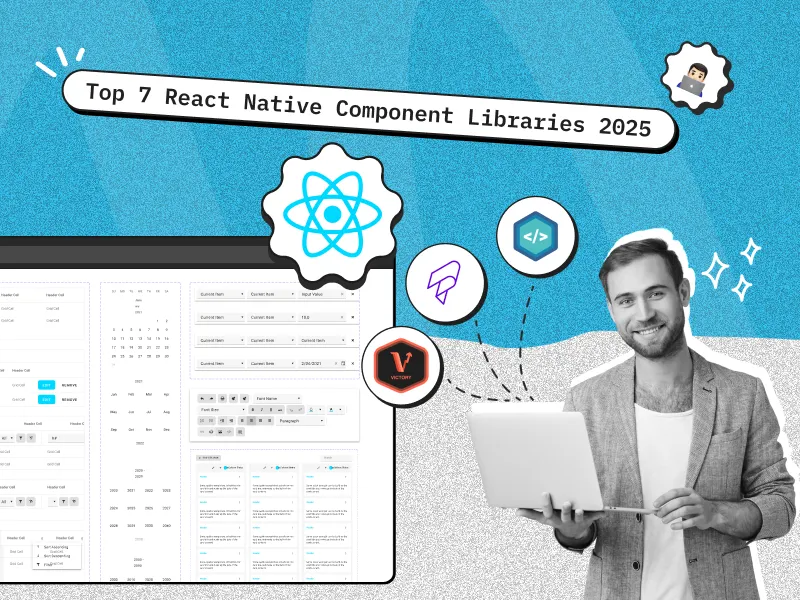TL;DR
- React Native now supports desktop platforms like Windows and macOS via community projects backed by Microsoft.
- You can reuse your existing React Native codebase to build desktop apps, saving time and effort.
- Setup requires platform-specific tools—Xcode for macOS, Visual Studio for Windows.
- Use react-native-windows and react-native-macos CLI tools to add desktop support to your project.
- Need expert help? Hire React Native developers and book a free 30-minute consultation to get started.
React Native has transformed how developers build mobile apps, enabling cross-platform development with a single codebase. But its capabilities don’t stop at smartphones—React Native can now power full-fledged desktop applications for Windows and macOS too. Thanks to ongoing community contributions and strong support from companies like Microsoft, React Native for desktop is rapidly gaining traction.
In this post, we’ll explore how you can extend your React Native skills to build desktop apps, covering setup, platform-specific requirements, limitations, and real-world use cases.
If you’re looking to build cross-platform apps that run seamlessly on mobile and desktop, partnering with an experienced React Native app development company can help accelerate your project with expert guidance and best practices.
Why Build Desktop Apps with React Native?
React Native for desktop platforms is made possible by community-driven projects, with strong backing from Microsoft. This extension empowers developers to:
- Reuse Code: Leverage your existing JavaScript/TypeScript and React knowledge.
- Streamline Development: Build mobile and desktop apps with one codebase.
- Accelerate MVPs: Ideal for internal tools or proof-of-concept apps.
- Expand Reach: Reach users on mobile and desktop without switching stacks.
With the growing ecosystem and support, React Native desktop development is a serious option for many real-world projects.
Setting Up Your Environment
Prerequisites (Common for All Platforms)
- Node.js (Recommended: LTS version)
- Yarn or npm
- React Native CLI (not Expo)
For Windows Development
- A Windows 10 or 11 machine
- Visual Studio with C++ Workloads installed
- React Native for Windows
For macOS Development
- macOS device with latest Xcode installed
- Xcode
Creating a New React Native Project
Start by initializing a new React Native project:
npx react-native init MyDesktopApp
cd MyDesktopAppAdd Desktop Platform Support
Add Windows Support
npx react-native-windows-init --version latest --overwrite Add macOS Support
npx react-native-macos-initThese commands add the necessary platform-specific dependencies and project files.
Running Your Desktop App
Windows
npx react-native run-windowsmacOS
npx react-native run-macosOnce built, your app should launch in a native desktop window on the respective platform.
Platform-Specific Code
Use Platform.OS to write logic specific to mobile, macOS, or Windows:
import { Platform, Text } from 'react-native';
const PlatformMessage = () => (
<Text>
{Platform.OS === 'windows' && 'Hello from Windows!'}
{Platform.OS === 'macos' && 'Hello from macOS!'}
{Platform.OS === 'ios' && 'Hello from iOS!'}
{Platform.OS === 'android' && 'Hello from Android!'}
</Text>
);This helps you create consistent yet tailored experiences across platforms.
Limitations to Be Aware Of
- Some mobile-focused libraries may not work on desktop
- Not all UI patterns translate seamlessly to desktop
- Smaller community and fewer tutorials
- Requires native build tools (Xcode, Visual Studio)
Despite these, the platform is growing quickly and already supports a wide range of use cases.
Best Use Cases for React Native Desktop
- Internal company tools
- Companion desktop apps for mobile platforms
- Real-time dashboards or monitoring tools
- Rapid MVP or prototype development
Final Thoughts
React Native is no longer limited to mobile development—its growing support for Windows and macOS makes it a powerful tool for building truly cross-platform applications. Whether you’re developing internal tools, companion desktop apps, or MVPs, React Native allows you to reuse code, streamline development, and reach users across devices with ease.
While desktop development with React Native has its unique considerations, the advantages of a unified codebase and faster iterations make it a smart choice for many teams.
Ready to get started? You can hire expert React Native developers to bring your mobile and desktop app ideas to life—faster and smarter.Book a free 30-minute consultation to discuss your project and explore what’s possible with React Native for desktop.











 30 mins free Consulting
30 mins free Consulting 
 10 min read
10 min read 


 USA
USA 





 Love we get from the world
Love we get from the world 